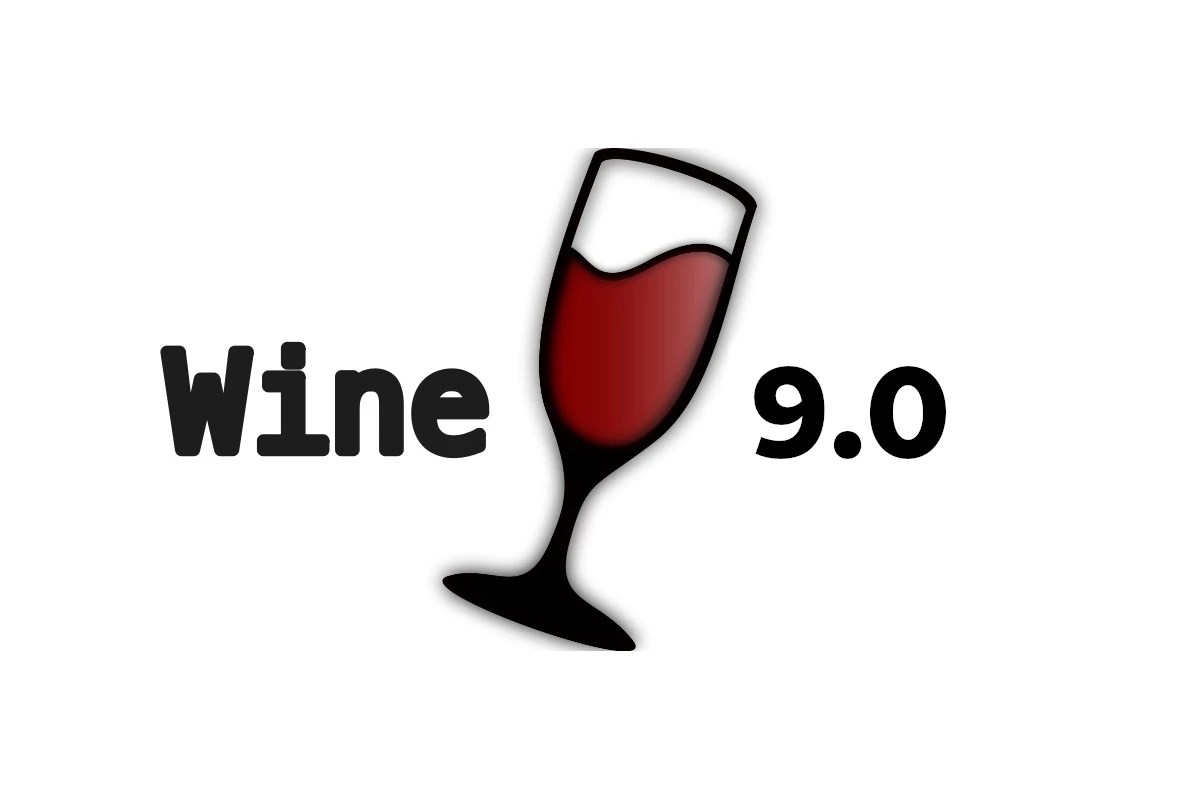Wine 9.0 has been released today as the latest version of this free and open-source compatibility layer that lets you run apps and games developed for Windows systems on Unix-like operating systems.
Highlights of Wine 9.0 include an experimental Wayland graphics driver with features like basic window management, support for multiple monitors, high-DPI scaling, relative motion events, as well as Vulkan support.
Since this is an initial implementation, the Wayland driver is not enabled by default in Wine 9.0, which means that if you want to use you’ll have to enable it via the HKCU\Software\Wine\Drivers registry key by running the wine reg.exe add HKCU\\Software\\Wine\\Drivers /v Graphics /d x11,wayland command and then unset the DISPLAY environment variable.
The Vulkan driver has been updated to support Vulkan 1.3.272 and later, the PostScript driver has been reimplemented to work from Windows-format spool files and avoid any direct calls from the Unix side, and there’s now a dark theme option on WinRT theming that can be enabled in WineCfg.
Wine 9.0 also adds support for many more instructions to Direct3D 10 effects, implements the Windows Media Video (WMV) decoder DirectX Media Object (DMO), implements the DirectShow Audio Capture and DirectShow MPEG‑1 Video Decoder filters, and adds support for video and system streams, as well as audio streams to the DirectShow MPEG‑1 Stream Splitter filter.
Desktop integration has been improved in this release to allow users to close the desktop window in full-screen desktop mode by using the “Exit desktop” entry in the Start menu, as well as support for export URL/URI protocol associations as URL handlers to the Linux desktop.
Audio support has been enhanced in Wine 9.0 with the implementation of several DirectMusic modules, DLS1 and DLS2 sound font loading, support for the SF2 format for compatibility with Linux standard MIDI sound fonts, Doppler shift support in DirectSound, Indeo IV50 Video for Windows decoder, and MIDI playback in dmsynth.
Among other noteworthy changes, Wine 9.0 brings loader support for ARM64X and ARM64EC modules, along with the ability to run existing Windows binaries on ARM64 systems and initial support for building Wine for the ARM64EC architecture.
There’s also a new 32-bit x86 emulation interface, a new WoW64 mode that supports running of 32-bit apps on recent macOS versions that don’t support 32-bit Unix processes, support for DirectInput action maps to improve compatibility with many old video games that map controller inputs to in-game actions, as well as Windows 10 as the default Windows version for new prefixes.
Last but not least, the kernel has been updated to support address space layout randomization (ASLR) for modern PE binaries, better memory allocation performance through the Low Fragmentation Heap (LFH) implementation, and support memory placeholders in the virtual memory allocator to allow apps to reserve virtual space.
Wine 9.0 also adds support for smart cards, adds support for Diffie-Hellman keys in BCrypt, implements the Negotiate security package, adds support for network interface change notifications, and fixes many bugs. For more details, check out the release notes.
Wine 9.0 is available for download right now from the official website.
Last updated 3 months ago

